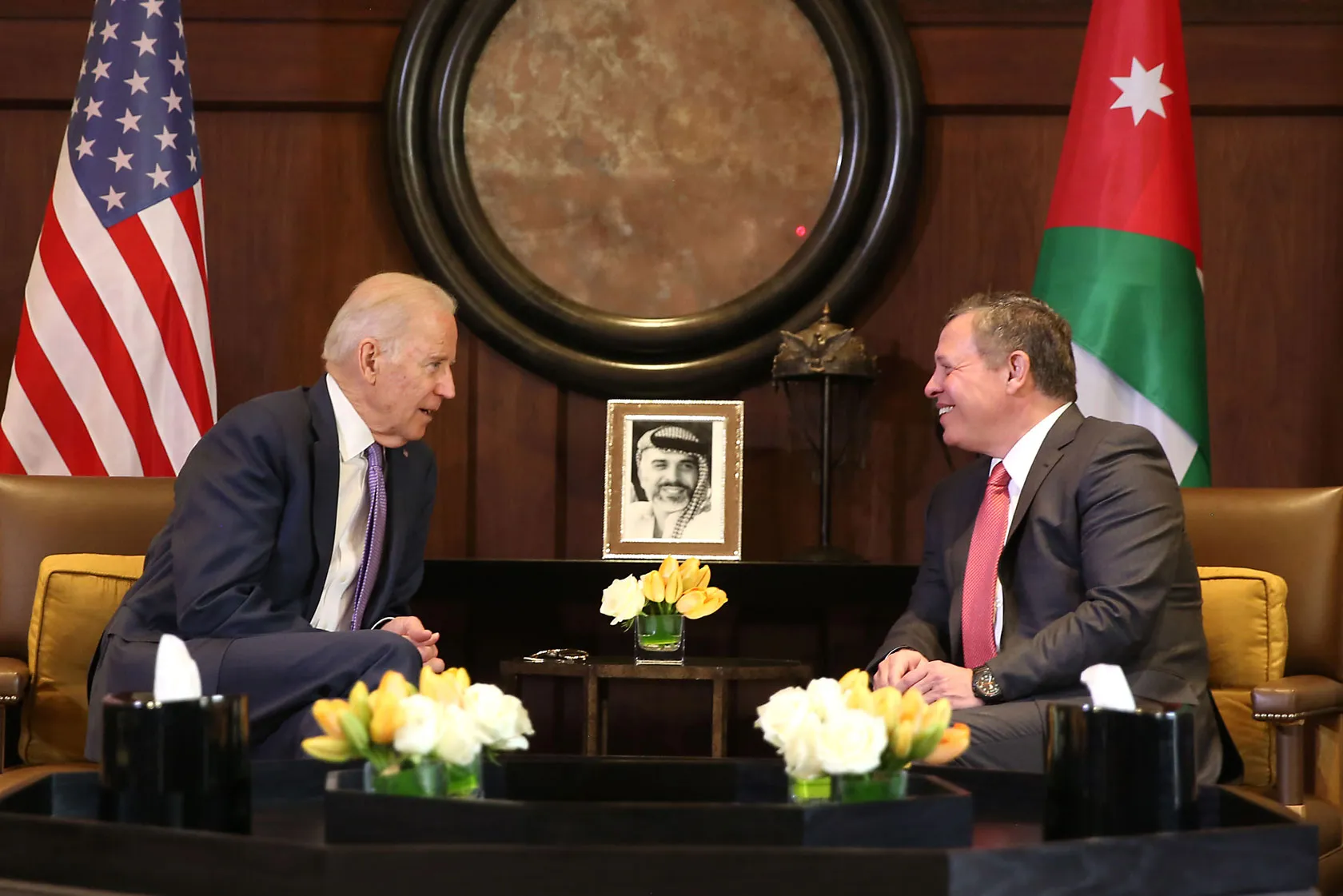Table of Contents
Introduction:
In the complex and interconnected landscape of government and diplomacy, few roles carry as much weight and responsibility as that of the Secretary of State. As the chief diplomat and principal advisor to the head of state or government, the Secretary of State plays a pivotal role in shaping foreign policy, promoting diplomatic relations, and advancing national interests on the global stage. In this comprehensive article, we delve into the multifaceted world of the Secretary of State, exploring their duties, powers, historical significance, and contemporary relevance in the realm of governance and international affairs.
Origins and Evolution:

Tracing the origins of the role of Secretary of State back to the early days of the United States, when Thomas Jefferson became the first to hold the position in 1789.
Exploring the historical evolution of the Secretary of State’s responsibilities, from overseeing diplomatic missions to managing international treaties, consular affairs, and foreign aid programs.
Discussing the expansion of the Secretary of State’s portfolio over time, as global challenges and geopolitical dynamics have evolved, including the emergence of new areas of focus such as cybersecurity, human rights, and climate change.
Constitutional Role and Powers:
Analyzing the constitutional basis for the role of Secretary of State, as outlined in Article II, Section 2 of the U.S. Constitution, which grants the President the power to appoint and receive ambassadors and other public ministers.
Explaining the Secretary of State’s role as the chief foreign affairs advisor to the President, responsible for formulating and implementing U.S. foreign policy objectives and strategies.
Discussing the Secretary of State’s authority to negotiate treaties, represent the United States in international forums, and conduct diplomacy with foreign governments and international organizations.
Diplomatic Leadership and Negotiation:

Examining the Secretary of State’s role as the nation’s top diplomat, representing U.S. interests and values in bilateral and multilateral negotiations.
Highlighting the Secretary of State’s diplomatic skills and leadership qualities in fostering dialogue, building consensus, and resolving conflicts on issues ranging from trade and security to human rights and humanitarian assistance.
Discussing the importance of personal relationships and diplomatic networks in advancing U.S. foreign policy objectives and maintaining alliances and partnerships with other nations.
Management of the State Department:
Exploring the Secretary of State’s responsibilities for overseeing the operations of the U.S. Department of State, the federal agency responsible for conducting U.S. foreign affairs.
Discussing the organizational structure of the State Department, including its bureaus, offices, and diplomatic missions abroad, and the Secretary of State’s role in setting priorities, allocating resources, and managing personnel.
Analyzing the challenges facing the State Department, including budget constraints, staffing shortages, and the need for modernization and reform to meet the demands of 21st-century diplomacy.
Crisis Management and Conflict Resolution:

Examining the Secretary of State’s role in crisis management and conflict resolution, including responding to humanitarian emergencies, political unrest, and armed conflicts around the world.
Discussing the Secretary of State’s efforts to mediate disputes, broker ceasefires, and facilitate peace negotiations in regions plagued by violence and instability.
Highlighting the importance of diplomacy, dialogue, and international cooperation in preventing and resolving conflicts and addressing the root causes of instability and insecurity.
Promotion of Democracy and Human Rights:
Exploring the Secretary of State’s role in promoting democracy, human rights, and the rule of law as core principles of U.S. foreign policy.
Discussing the Secretary of State’s advocacy for democratic governance, civil liberties, and political freedoms around the world, including support for civil society organizations, independent media, and electoral processes.
Analyzing the challenges and dilemmas faced by the Secretary of State in balancing strategic interests with moral imperatives in pursuing human rights and democracy promotion agendas.
Economic Diplomacy and Trade Policy:
Discussing the Secretary of State’s role in advancing economic diplomacy and trade policy objectives to promote U.S. economic interests and competitiveness in the global marketplace.
Exploring the Secretary of State’s engagement with foreign governments, international organizations, and business communities to facilitate trade agreements, resolve trade disputes, and promote investment and economic development.
Analyzing the interplay between economic diplomacy, national security, and foreign policy, and the Secretary of State’s efforts to harness economic leverage and soft power to achieve strategic objectives.
Contemporary Challenges and Future Directions:
Examining the contemporary challenges facing the Secretary of State in an era of geopolitical uncertainty, technological disruption, and transnational threats.
Discussing the Secretary of State’s role in addressing emerging issues such as cybersecurity, climate change, pandemics, and disinformation, which require collaborative and multilateral responses.
Speculating on the future directions of U.S. foreign policy and diplomacy under the leadership of the Secretary of State, and the opportunities for innovation, collaboration, and global leadership in addressing shared challenges and opportunities.
Conclusion:
The role of Secretary of State is a cornerstone of U.S. foreign policy and diplomacy, embodying the nation’s commitment to diplomacy, dialogue, and engagement in the pursuit of peace, prosperity, and security for all. As the nation’s top diplomat and chief foreign affairs advisor, the Secretary of State wields immense influence and responsibility in shaping America’s relations with the world and advancing its interests and values on the global stage. By embracing diplomacy, fostering partnerships, and upholding the principles of democracy, human rights, and rule of law, the Secretary of State plays a vital role in advancing the cause of peace, progress, and prosperity in an increasingly interconnected and interdependent world.
For More Information Please Visit These Websites Mindmeister
Can you be more specific about the content of your article? After reading it, I still have some doubts. Hope you can help me.